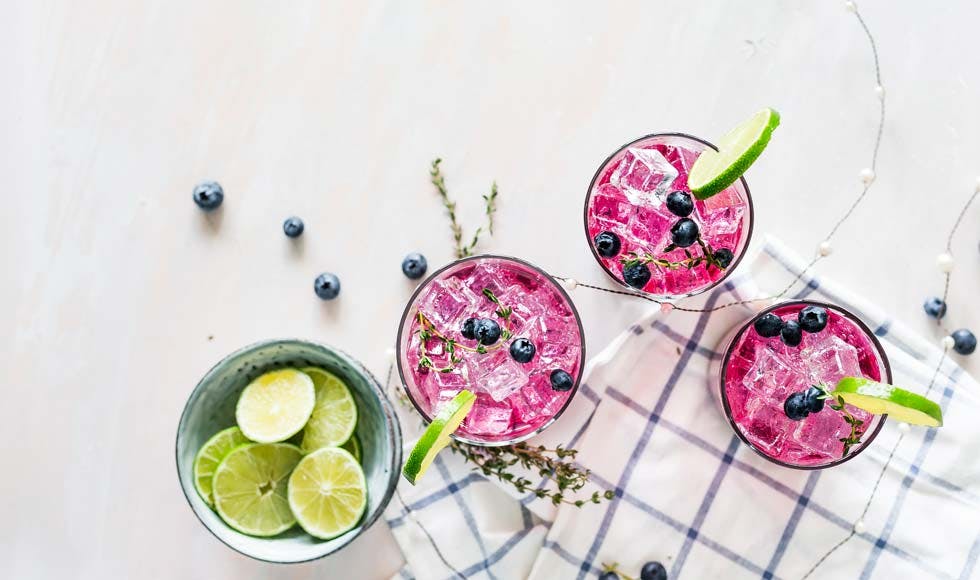5 Ways that Fibre is Fab
1. It helps you feel full
Fibre slows down the rate at which the stomach empties into the small intestine. This effect creates a feeling of fullness after eating which is great if you have a tendency to overeat. The satiating effect may also be due in part to fibre’s role in delaying the absorption of glucose from the carbohydrates in our food. This helps to keep blood sugar levels more stable, so the dreaded cravings are more likely to be kept at bay!
2. It reduces the absorption of dietary fats
Soluble fibre in particular binds to fats and cholesterol in the intestinal tract. Once this happens, it is difficult for our bodies to absorb them so they end up passing through undigested with the faeces. For this reason, high fibre foods are an essential part of any weight control regime.
3. It reduces serum cholesterol levels
This occurs through a few different mechanisms. Firstly, cholesterol that is released into the small intestine in bile is bound by the fibre and prevented from being reabsorbed. Secondly, it seems to also inhibit the enzyme necessary for the body to make its own cholesterol. Eating lots of fruits and vegetables containing both soluble and insoluble fibres has been shown to decrease serum cholesterol levels. The types of fibre thought to be particularly effective are pectin, guar gum, oat gum and psyllium.
4. It increases short chain fatty acid production
Short chain fatty acids (SCFAs) result from fibre being fermented by intestinal bacteria. SCFAs encourage the growth of intestinal cells, provide energy, and increase water and sodium absorption in the colon.
5. It prevents constipation
This is the most well known positive effect of fibre: it keeps us regular and reduces the risk of suffering from constipation. This is mostly due to a combination of fibre’s stool softening, bulking and bowel stimulating effects. Eating adequate fibre can also help control other gastrointestinal disorders such as diverticular disease, gallstones and irritable bowel syndrome.
Five ways to boost your fibre fast
1. Add a teaspoon each of psyllium husks and ground flaxseed to your breakfast cereal each morning
2. Switch your white rice to brown rice
3. Switch from white bread to wholemeal bread
4. Snack on a piece of fresh fruit
5. Grate some carrot into your tomato-based pasta sauce
Did you know?
Resistant starch (RS) is a type of starch that resists digestion and has similar health benefits to fibre.
References available on request






